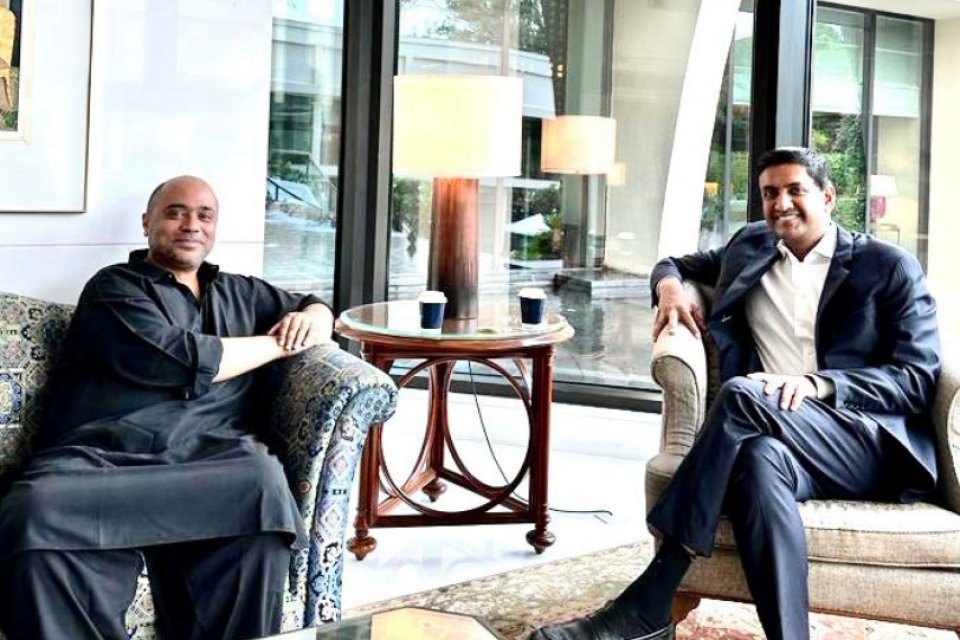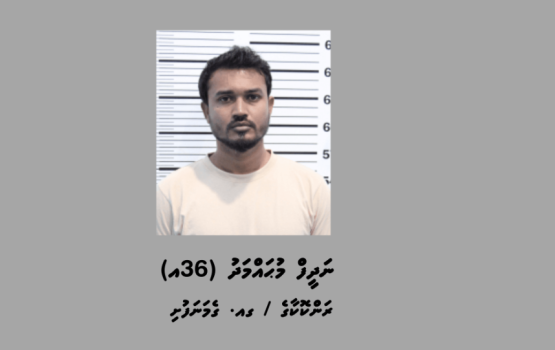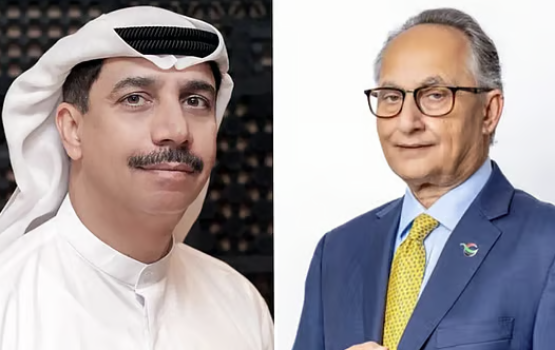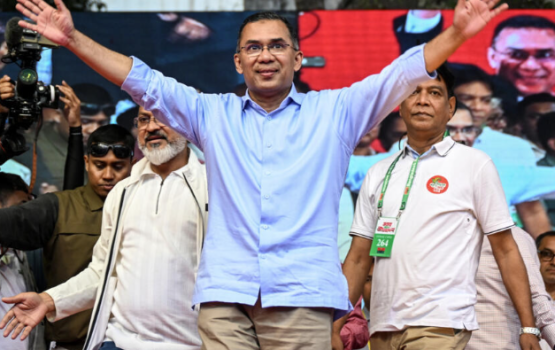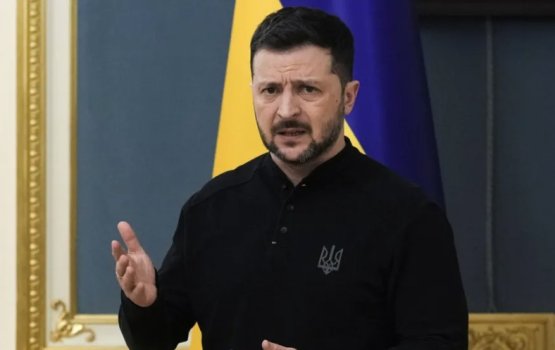United States Democratic Congressman Ro Khanna has come under sharp criticism for meeting far-right Hindutva ideologue Abhijeet Iyer-Mitra on his recent trip to India, with many pointing out that his embrace of Hindu nationalists is against the progressive values that he has claimed to espouse.
Khanna, who is the co-chair of the Congressional India Caucus, is leading a bipartisan congressional delegation to the country of his parents’ birth, where he has met Indian government officials, and business and technology leaders.
On Monday, Iyer-Mitra posted a photograph with Khanna on X, the social media platform formerly known as Twitter, and said: “Had a very productive breakfast meeting with @RoKhanna. Free & frank exchange of views. I thank the congressman for his candour & his perspicacity, as well as striving to improve India-US relations.”
In response, Khanna wrote: “Great conversation @Iyervval! Appreciated the candid exchange, your insights about the US India relationship, and the back and forth.”
The Indian-American Muslim Council, an advocacy group based in the US, said it was “deeply disappointed to see Khanna engaging with a far-right Islamophobe”, and condemned him for embracing those who “enable [this] cycle of hate and violence” against Muslims.
Since Prime Minister Narendra came to power in 2014, Muslims have faced increasing attacks, including lynchings on mere suspicion of cow smuggling. Many Muslim activists have been thrown into jail for protesting against the government’s anti-Muslim policies.
On August 1, a Hindu mob killed a deputy imam of a mosque in Gurugram city next to the capital, New Delhi, a day after deadly sectarian violence in a neighbouring district in Haryana state. Hundreds of Muslim houses have been demolished by state authorities without following due process in what activists say is a “collective punishment” against the minority community.
A religious freedom watchdog, for the fourth year in a row, in May recommended that the Indian government be added to a blacklist. In its annual report, the US Commission on International Religious Freedom (USCIRF) called on the Department of State to designate India as a “country of particular concern” for the worsening conditions of minorities in the South Asian country of 1.4 billion people.
Iyer-Mitra has been accused of promoting an Islamophobic narrative through his tweets.
Last October, he called Khanna’s Muslim colleague, Congresswoman Ilhan Omar, a “jihadi” after her sharp exchange with an Indian journalist during a US House Foreign Affairs Committee hearing on “Human Rights in South Asia” in Washington, DC.
As part of the Democratic Party’s Progressive wing, which also includes Omar, Alexandria Ocasio-Cortez and Rashida Tlaib, among others, Khanna has promised to reject Hindu nationalism.
Iyer-Mitra has also spoken and written on Israel’s occupation of Gaza and the West Bank and has said India has “a lot to learn” from the Israeli use of force and intelligence in the occupied Palestinian territory. He has opposed terming Israel’s occupation as apartheid.
Journalists and academics based in the US and India have criticised Khanna for meeting Iyer-Mitra, calling on the congressman to “apologise” to his Democrat colleague Omar and issue a “forceful statement” against Iyer-Mitra.
Khanna has responded to the criticism by saying he met Iyer-Mitra as he had “sharply criticized my grandfather (see his past posts on me) and we met so I could stand up for my grandfather legacy as a freedom fighter. [India Independence hero Mahatma] Gandhi had a philosophy of engaging with almost anyone – including British colonizers.”
The 46-year-old who represents California’s 17th Congressional District said his “core values have never changed” after meeting people he doesn’t agree with.
Late on Wednesday, Khanna addressed IAMC’s criticism of his earlier response, which the advocacy group said fell short of addressing its “grave concern.
“I unequivocally stand for pluralism and the human rights of minority populations, including Muslims, whether in India or America,” Khanna wrote.
“My positions are well known. And I firmly stand by my values no matter who I meet with and am proud to convey them.”

